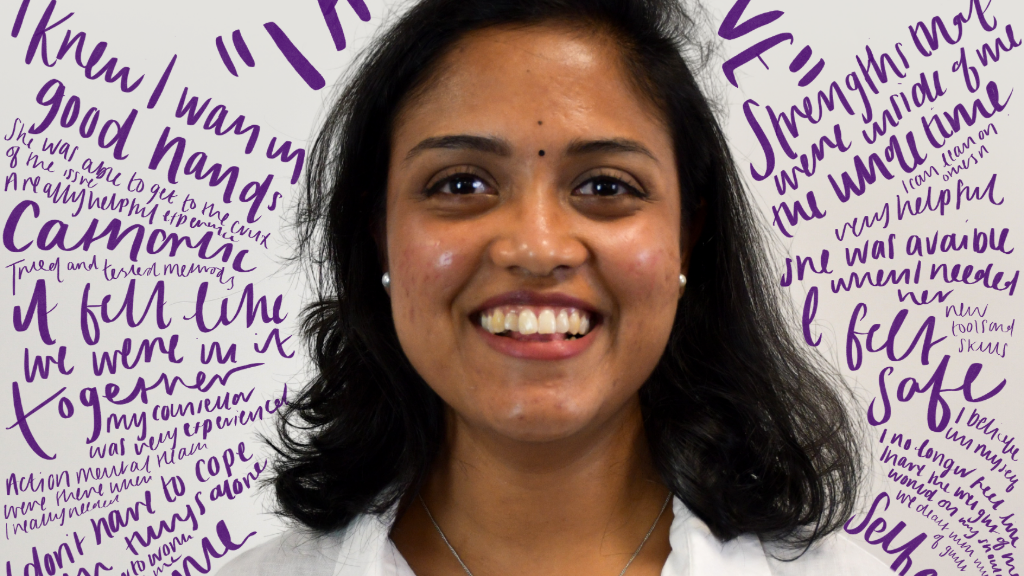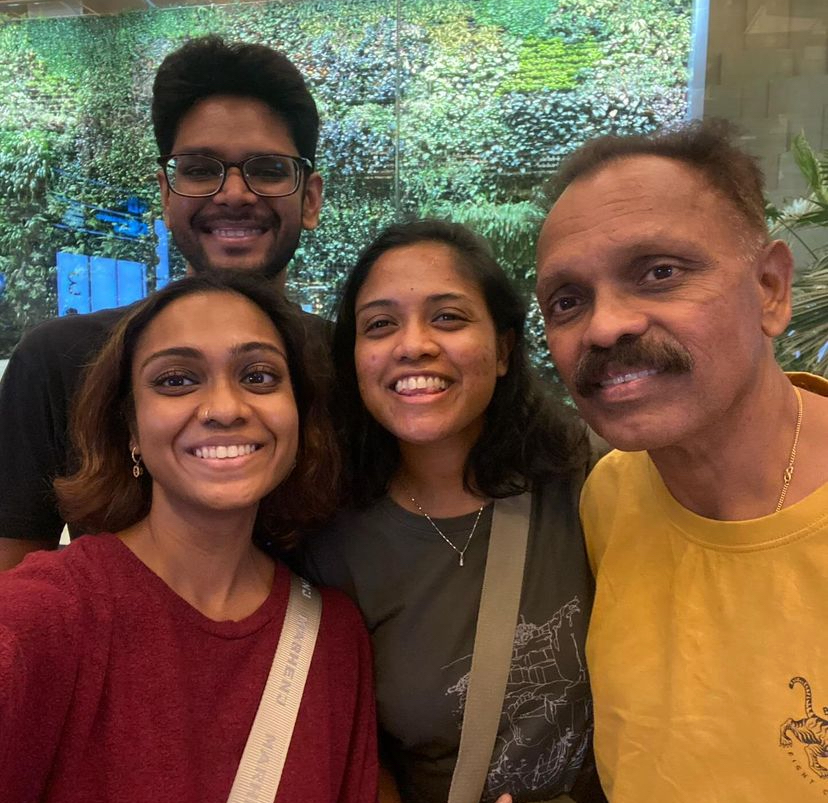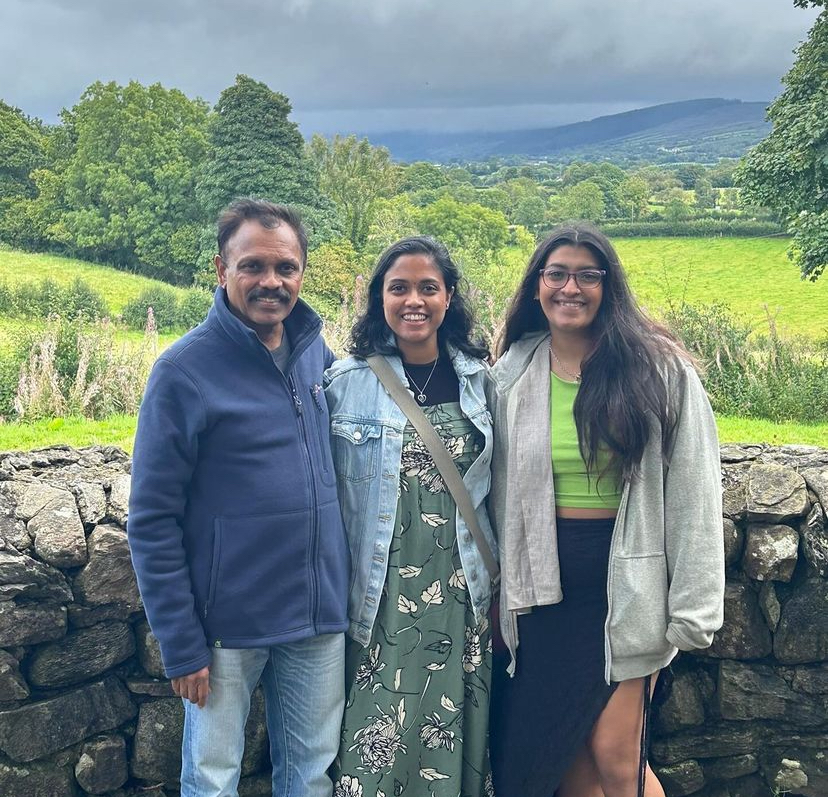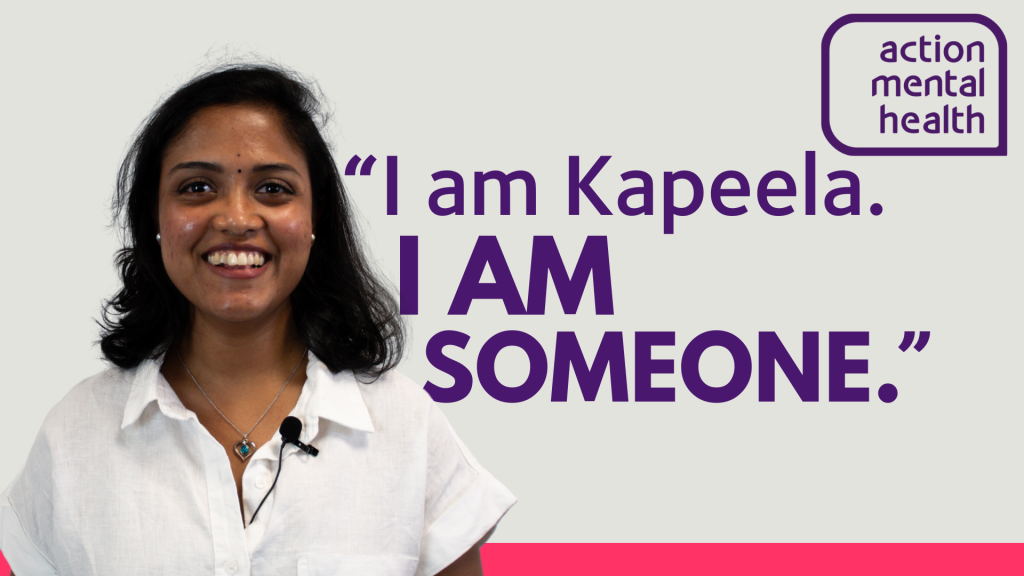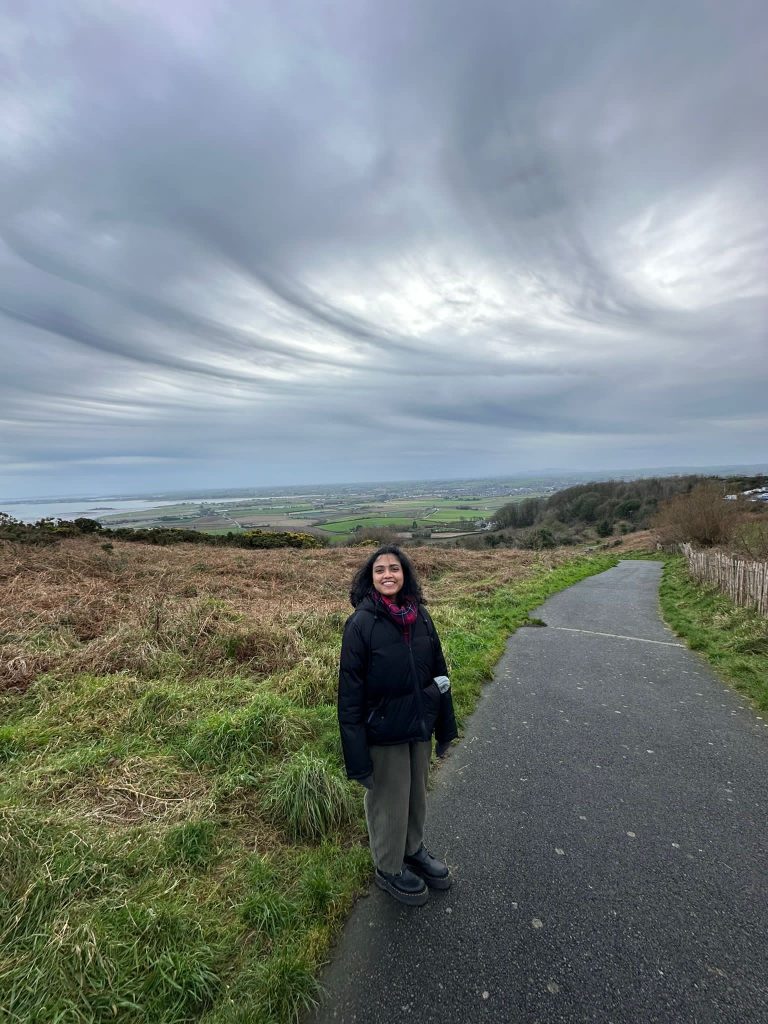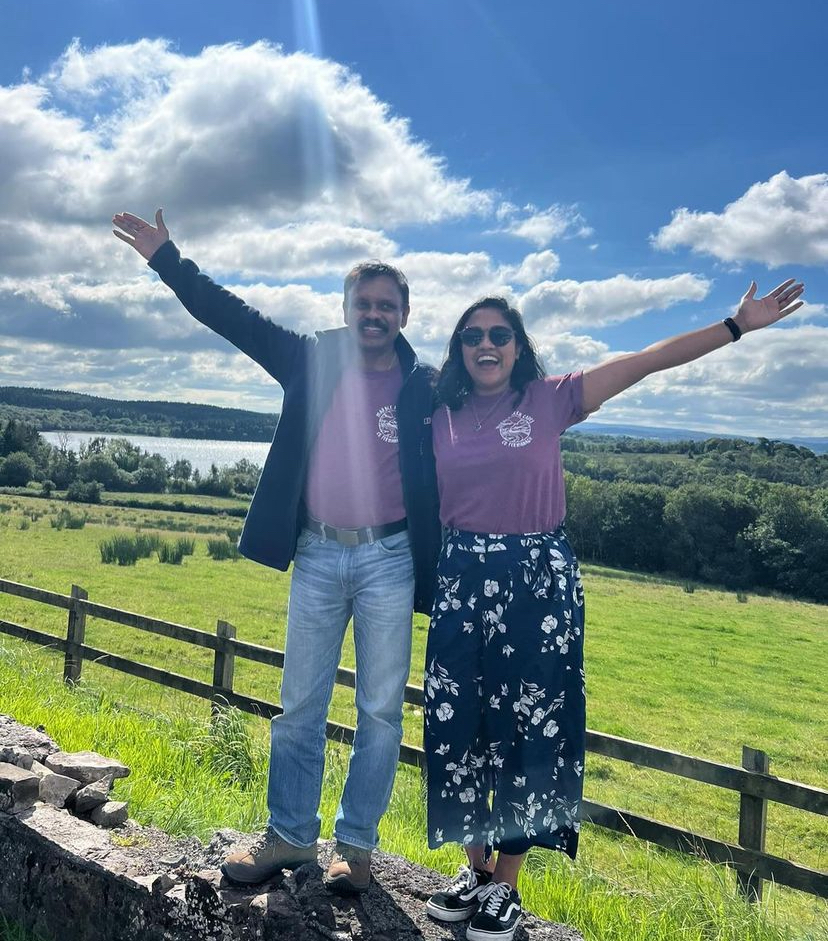The beginning of November marks International Stress Awareness Week (with Stress Awareness Day on November 6), which aims to raise awareness about stress, as well as highlighting ways in which we can combat it. With the theme for World Mental Health Day this year also centred around burnout and improving mental health in the workplace, if you’re experiencing any of these issues then it’s important to know that help is out there.
When Kapeela – a young professional working far from home in Northern Ireland during the pandemic – found her mental health deteriorating due to stress and related issues, she realised that she needed support.
Having moved to Northern Ireland seven years ago to study, Kapeela, now aged 28, had been in employment for the past four years, with things going well for her during that time. However, a series of stressful experiences, including working during the pandemic, along with a relationship breakup, new job and moving into a new home, ultimately took its toll on her mental health.
Initially, it was the pandemic which impacted upon her mental health, prompting Kapeela to seek private counselling.
“It was difficult being away from family,” she said. “That was my first instance with ill mental health. I got private therapy and managed to go home for a while and then when I came back, life was back to normal.”
In 2023, however, Kapeela bought a new home while simultaneously taking on a new job. She was also newly single, all of which negatively affected her mental health and prompted her to contact her GP for help.
“It was a very stressful time in my life but also, financially, it was quite difficult for me to access private therapy,” she said. “It was quite an isolating time and I didn’t feel I had the right support in place to keep me going. So, that’s why I got in touch with my GP and they referred me to Action Mental Health and I then had therapy for six weeks through Action Mental Health.
“I was able to have talking therapy consistently every week with my counsellor. We went through lots of helpful tools – working on guilt, shame, self-esteem. I had that nine months ago and am still able to apply most of those tools to my day-to-day life. It made a huge impact and I really needed it, so I was grateful that the service was there and accessible and free. I definitely benefitted from it.”
Finding a safe space
Having reached out for help when she was “at breaking point,” Kapeela said that attending therapy at Action Mental Health had been a “very cathartic” experience.
“I was nervous,” she said. “But it was a very safe space. It was online and I definitely felt that I was in good hands. My therapist was very experienced and knew how to work with me. I think during those six weeks it was a very helpful experience.”
Due to her experience with therapy previously, Kapeela added that she was keen to ask her counsellor this time around for more information about mental health – and to really delve into the tools and techniques that could help her. Her sessions subsequently looked at, amongst other things, addressing Kapeela’s core beliefs, as well as discussing areas such as guilt, shame and self-esteem.
“My counsellor was able to provide me with tried and tested methods of training to cope with my core beliefs,” she said. “She was able to answer my questions and was available through email as well. She told me to contact her any time during those six weeks. She also encouraged me to journal and to bring (what I wrote) along to the therapy sessions so we could discuss them. It felt like a very involved experience – like we were in it together trying to cope with the issues. I was then able to lean on others a lot more, too.
“After the therapy sessions ended I realised what my coping mechanisms might be. They highlighted my strengths – that were really inside of me the whole time – and I was able to rely on myself a bit more and have more confidence in myself to use those tools and get back to my day-to-day life.”
Ultimately, Kapeela said that her therapy experience with Action Mental Health had helped her to share her problems and to feel less alone when at the time, she’d felt the opposite. She added that being able to lean on other people had also removed that feeling of having the “entire weight of the world on your shoulders.”
“It can feel very isolating when you think that your problems are not relatable to somebody else, but speaking to a talking therapist… they’re able to get to the crux of the situation and to draw things out of you and work through it with you,” she said. “That’s something my therapist at Action Mental Health was able to do.”
Supporting the “I AM SOMEONE” campaign
As someone who has benefitted from the support offered by Action Mental Health, Kapeela said she was delighted to have been able to give back by assisting with the “I AM SOMEONE” campaign. With private therapy too expensive for her previously, she added that removing the financial barrier and accessing the free services at Action Mental Health had enabled her to seek professional help when she needed it.
“Donating to the service would mean someone else doesn’t need to think about that either,” she said. “I would just like to say thank you to Action Mental Health and I’m just very grateful that there’s opportunities for us to volunteer as well – to be able to give back. We [often] think we only have to give money but you can give your time and you can be compassionate to somebody else. It’s so rewarding.”
She added that the “I AM SOMEONE” campaign was “going to be so helpful for people to realise that the service is out there” for those willing to take that first step and ask for help.
“It’s accessible, it’s free, it’s easy to get in touch with Action Mental Health, so I would really just recommend anyone who’s struggling at the minute to ask for help,” she said. “It gets easier.”
Looking to the future
Now in a much better place with her mental health, Kapeela said that she was ultimately reassured by the fact that the support from Action Mental Health was still out there, if she needed it again.
“That in itself provides a bit of security to me,” she said. “Knowing that I’ve benefitted from the service and can still access it if needed and that there’s still somebody out there who can listen to me and provide that support.
“But in the past nine months I’ve been able to go back to work and engage in tasks and activities I wasn’t really able to engage in when I was feeling quite low. So, I’ve managed to regain that aspect of my life through therapy and have the confidence to go back to my day-to-day life.”
While she still does miss her family and home, Kapeela has various mementos, which she said had helped her alongside the therapeutic support. These include photographs of her family, given to her as part of care package that also contained messages, along with art from her nieces and nephews and letters.
“It was a surprise, as I didn’t know any of it was coming,” she said. “They gave it to me when I left at the airport, so that was really special.”
Meanwhile, her new home in Northern Ireland is one that also provides its own support, as Kapeela loves getting out in nature and enjoying the many green and coastal spaces here.
“I work in a very busy environment and being out in nature, it’s so tranquil, so serene,” she said. “I love being by the beach. Being able to connect with nature is very important to me and I think that’s something Northern Ireland has an abundance of – nature, seaside, scenery – it’s one of the reasons I’ve stayed on and haven’t gone back to another busy city. I really enjoy being in Northern Ireland.”
Reflecting on her progress to date, Kapeela added that her life was a lot more settled now and that she was no longer the lonely person she had been when she was struggling with her mental health.
“I definitely feel that that part of my life is something I’ve gone through but that it’s not a part that I’m going through at the minute,” she said. “Therapy definitely helped me to move on from feeling that low – and whenever those feelings come up again, I know I’m able to navigate through them with the support of my family and the tools I’ve gained from therapy.
“I feel I’m in a much better place now, which is great.”




